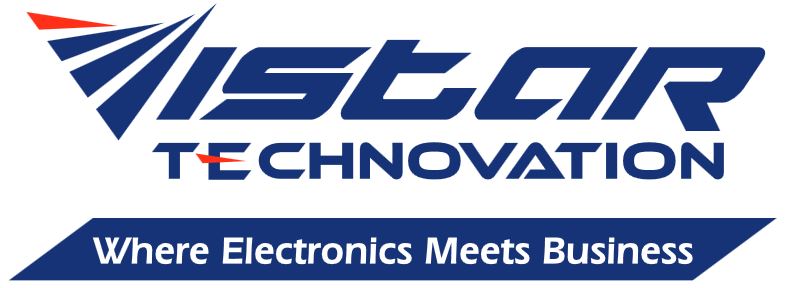How to Choose the Right Supplier of Electronic Components
In the intricate world of electronics manufacturing, selecting the right supplier of electronic components is a crucial decision that can make or break the success of any project. With a multitude of options available, making an informed choice can be challenging. To help you navigate this complex process, here’s a comprehensive guide to selecting the right supplier of electronic components:
1. Assess Your Needs and Requirements:
Before embarking on the search for a supplier, it’s essential to clearly define your specific needs and requirements. This involves identifying the types of components you need, their specifications, quantity, and delivery timelines. Having a clear understanding of your needs will help you narrow down your options and focus on suppliers who can effectively meet your demands.
2. Research and Evaluate Potential Suppliers:
Once you have a clear understanding of your needs, conduct thorough research to identify potential suppliers. Utilize online resources, industry directories, and trade shows to gather information about different suppliers. Read reviews, testimonials, and case studies to gauge their reputation, track record, and customer satisfaction levels.
3. Consider Quality and Reliability:
Quality is paramount when it comes to electronic components. Subpar components can lead to product failures, safety hazards, and costly recalls. Ensure that potential suppliers adhere to stringent quality control measures and source components from reputable manufacturers. Look for certifications like ISO 9001, ISO 14001, or AS9120, which indicate a commitment to quality management systems.
4. Evaluate Inventory Management:
A supplier’s inventory management capabilities can significantly impact your business. A supplier with a well-managed inventory will be able to consistently meet your component needs without delays or shortages. Look for suppliers with a proven track record of maintaining adequate stock levels and efficient inventory management practices.
5. Consider Pricing and Cost-Effectiveness:
While pricing is important, it should not be the sole factor in your decision. Evaluate the overall cost-effectiveness of the supplier’s offerings. Consider factors such as bulk discounts, payment terms, and any additional services they provide, such as technical support or kitting services.
6. Assess Technical Expertise and Support:
Technical expertise is crucial in the electronics industry. Choose a supplier with a team of knowledgeable engineers who can provide technical support, assist in component selection, and troubleshoot any issues that may arise.
7. Evaluate Customer Service and Communication:
Effective communication and customer service are essential for a smooth and successful partnership. Choose a supplier that is responsive to inquiries, provides clear and timely updates, and prioritizes customer satisfaction.
8. Consider Location and Logistics:
The location of your supplier can impact logistics, delivery times, and potential communication barriers. Choose a supplier with a strong local presence or a global network of distributors to ensure efficient delivery and support.
9. Review Contracts and Terms:
Before finalizing your decision, carefully review the supplier’s contracts and terms of service. Ensure that the terms are clearly defined, fair, and align with your business needs.
10. Conduct Trial Orders:
Before committing to a large-scale partnership, consider placing a trial order with a few potential suppliers. This will allow you to assess their quality, reliability, and responsiveness firsthand.
Vistar Technovation: A Trusted Partner for Electronic Components
Vistar Technovation stands out as a leading supplier of electronic components in India, offering a comprehensive range of high-quality components, technical expertise, and exceptional customer service. With its commitment to Make In India and its in-house design LAB, Vistar Technovation is a trusted partner for businesses seeking reliable and innovative solutions in the electronics industry.

